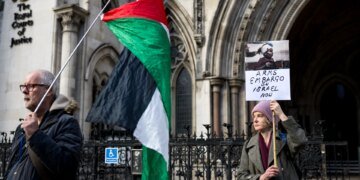The latest round of prisoner exchange negotiations between the Yemeni government and the Houthi rebels concluded over the weekend in Muscat, Oman, without a comprehensive agreement being reached, according to officials from both sides as well at the UN.
“The obstacles are that the Houthis do not have any seriousness about this operation and do not care about their prisoners, but rather use the file for political and media bargaining,” Majed Fadhil, spokesman for the government team tasked with negotiating for prisoners and abductees, told media on Monday.
Houthi negotiator Abdul Qadir Al Murtada announced earlier the completion of another round of negotiations on a possible prisoner exchange deal with the Yemeni government held in Muscat and mediated by Omani officials and the UN.
The seven-day talks were conducted under the auspices of the UN and the International Committee of the Red Cross (ICRC), aiming to address the continuing humanitarian crisis surrounding prisoners in the conflict-ridden country.
The UN contradicted the Yemeni government’s statements about the negotiations over the weekend.
“The negotiations led to a significant breakthrough, where the parties reached an understanding on releasing Mohamed Qahtan, a matter that has been contentious for years,” said the office of UN special envoy Hans Grundberg who chaired the meeting along with the International Committee of the Red Cross.
The Houthi delegation, led by Mr Al Murtada, confirmed that some points of agreement were reached, including resolving the case of Mohamed Qahtan, a Yemeni pro-government politician who has been held by the Houthis for nine years.
Mr Qahtan, a prominent Sunni Islamist leader aligned with the government, has been held by the Houthis since 2015. The rebels have refused to release information on him. A key sticking point between the Houthis and the government has been around whether he is still alive or dead.
“Mr Qahtan is a very important figure in Yemen. The Houthis have committed serious human rights atrocities towards him. International human rights preserves that those must be released in good health condition, we agreed on his release but at the last minute the Houthis rejected making any exchanges,” Mr Fadhil told media.
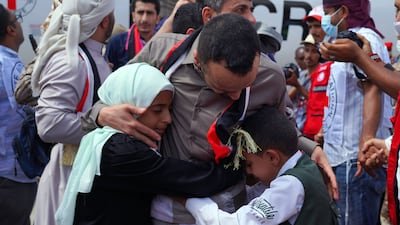
The rivals agreed to another meeting to “finalise the names of detainees to be released and arrangements pertaining to the release of Qahtan”, the UN said.
Mr Fadhil said that the next round of negotiations would likely take place in two months.
Yemen’s government and Houthi rebels freed more than 200 detainees in 2023, including four prominent journalists held by the rebels since 2015, to complete a three-day prisoner exchange that had been hailed as a significant step towards ending the civil war.
The Saudi-led coalition has taken significant steps over the past year to wind down the war in Yemen against the Houthis. It sent its Yemen ambassador to Sanaa along with a delegation from Oman to revive a truce with the Houthis and “reach a comprehensive political solution”.
At the time, ambassador Mohamed Al Jaber said his effort was to end the crisis in Yemen and support the 2021 Saudi Initiative to reach a comprehensive political solution in the country.
The conflict in Yemen has killed hundreds of thousands of people directly or indirectly and left large numbers of prisoners of war on both sides.


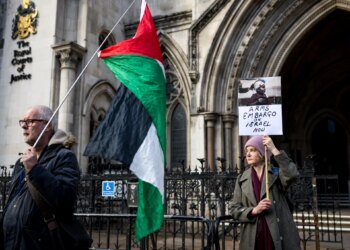


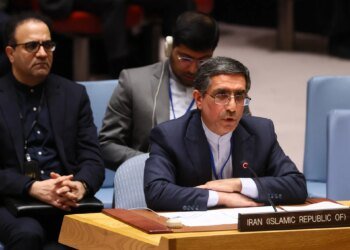
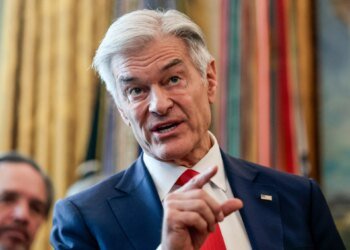
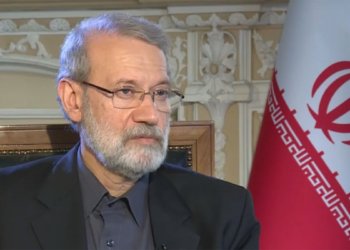

 United Arab Emirates Dirham Exchange Rate
United Arab Emirates Dirham Exchange Rate